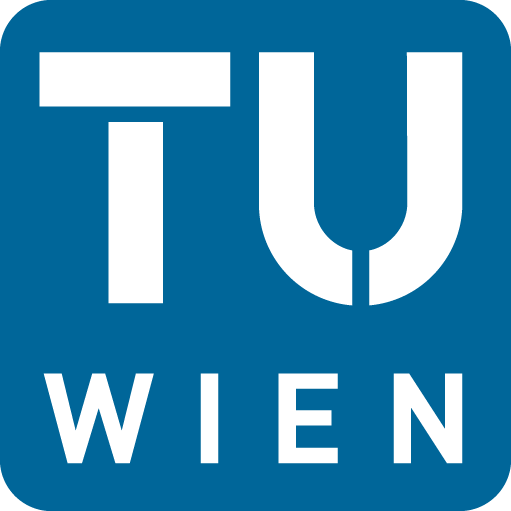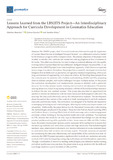XML
(136.5 kB)
XML without embedded media
Page view(s)
71
checked on Jan 29, 2025
Download(s)
2
checked on Jan 29, 2025


 CC BY 4.0
CC BY 4.0
